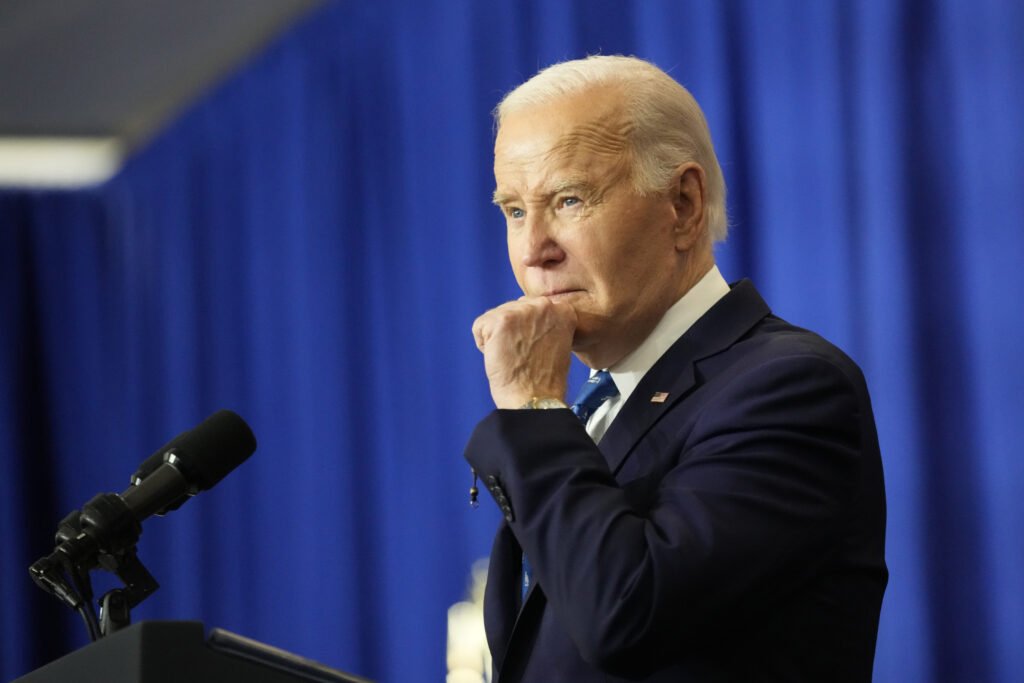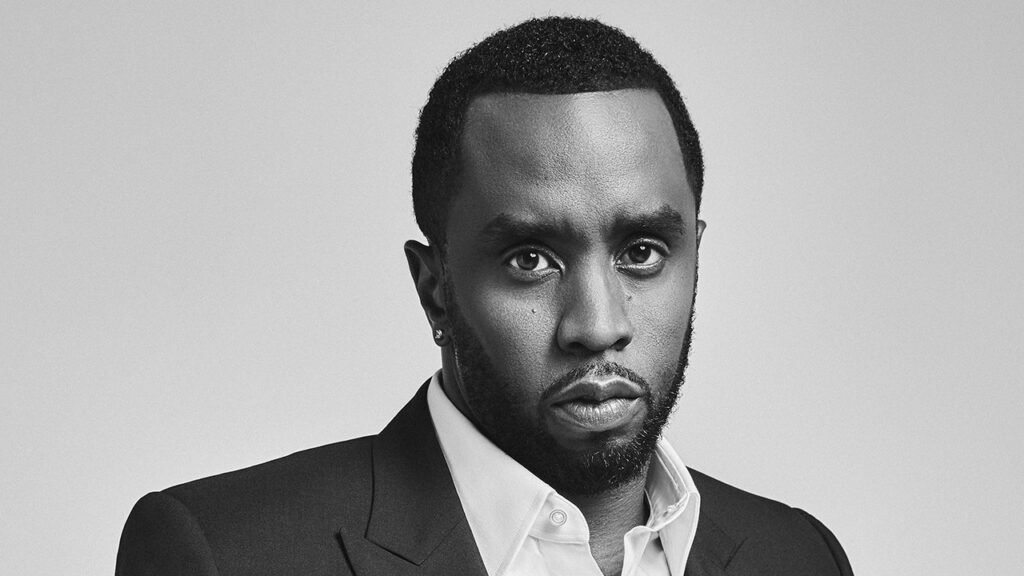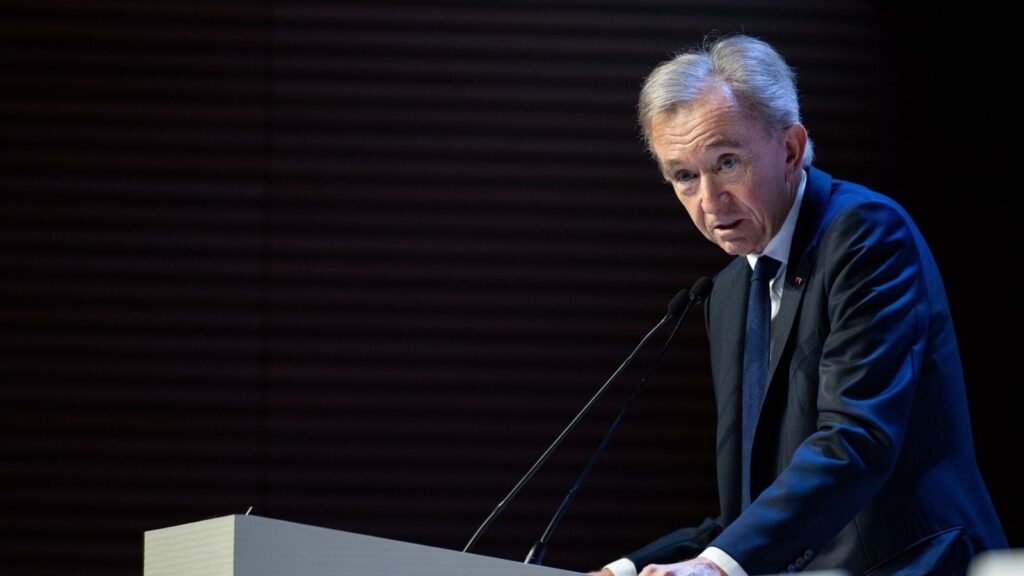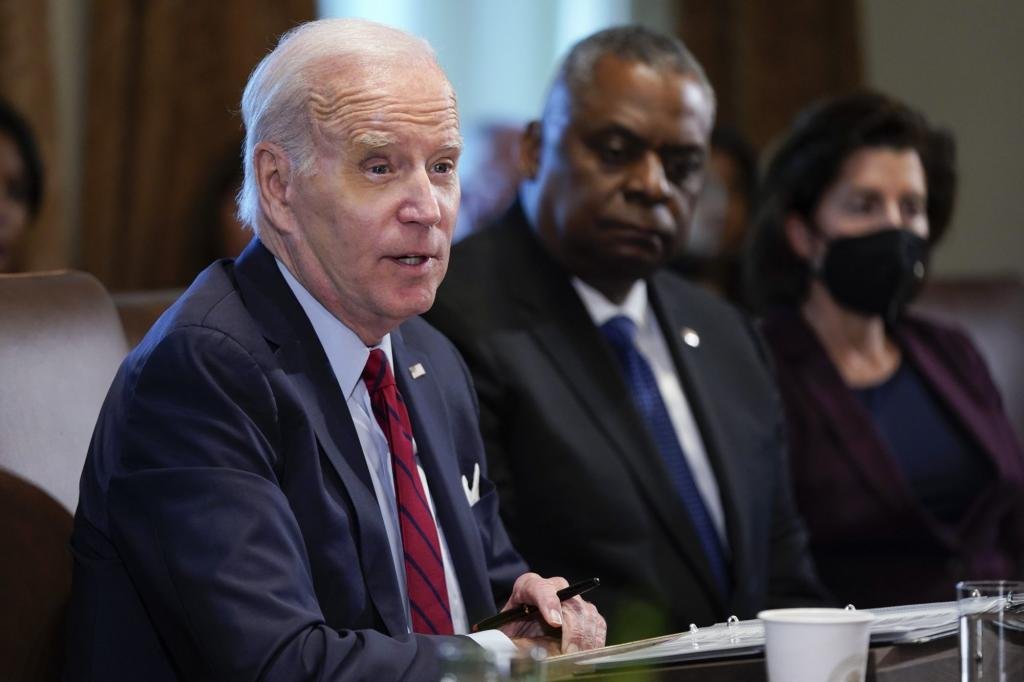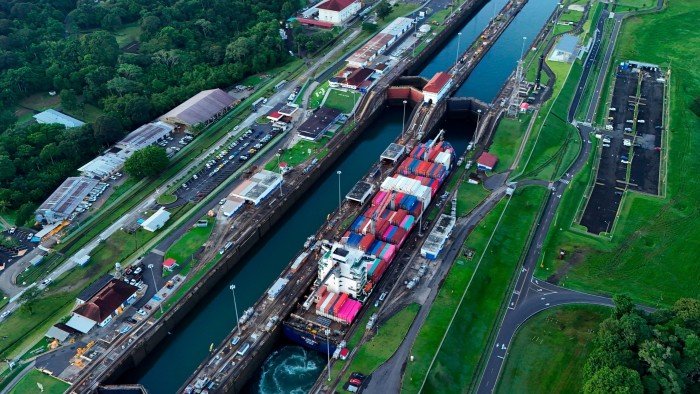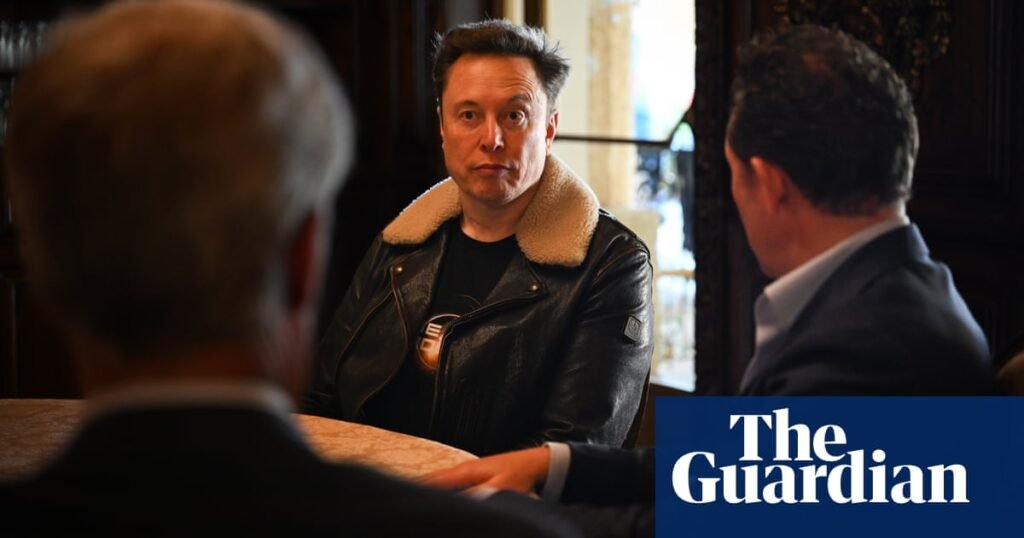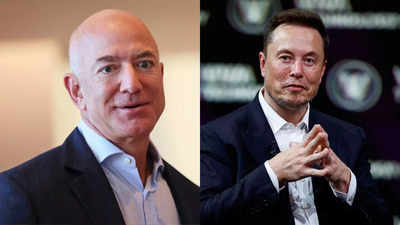
The rivalry between Elon Musk and Jeff Bezos, the two wealthiest men in the world, has entered a pivotal phase as their respective companies, SpaceX and Blue Origin, lead the charge in commercial space exploration. While Musk’s SpaceX has dominated the space industry for nearly two decades, Bezos is making bold moves to challenge this dominance through Blue Origin’s New Glenn rocket and Amazon’s Project Kuiper. These developments mark a significant chapter in the billionaire space race, potentially reshaping the landscape of space exploration and satellite-based internet services.
Elon Musk’s SpaceX: The undisputed leader in space
Since its inception in 2002, SpaceX has revolutionized the space industry. The company’s reusable rocket technology, pioneered with the Falcon 9, has drastically reduced the cost of launches while increasing their frequency. SpaceX completed over 130 launches in 2023 alone, accounting for 85% of the total orbital mass deployed that year.
SpaceX’s Starlink satellite network, launched in 2018, has also become a game-changer, with over 6,000 satellites in orbit and more than 4 million users worldwide. Starlink provides internet access to remote areas, supporting uses as diverse as military operations in Ukraine and connectivity for rural households in the U.S. This vertical integration, where SpaceX both manufactures satellites and launches them, has given Musk an unparalleled advantage in the industry.
Jeff Bezos’ Blue Origin: Gaining momentum
While Bezos founded Blue Origin around the same time as SpaceX, its progress has been comparatively slower. The company has primarily focused on suborbital tourism, offering brief trips to the edge of space. However, Bezos has invested heavily in developing the New Glenn rocket, which aims to compete directly with SpaceX’s Falcon 9.
New Glenn, a towering rocket as tall as a 32-story building, is equipped with a reusable booster designed for frequent satellite launches. Currently stationed at Cape Canaveral, Florida, New Glenn is awaiting regulatory approval for its first orbital launch, expected in early 2024.
Amazon’s Project Kuiper: A Starlink competitor
In addition to Blue Origin, Bezos is leveraging Amazon’s resources to develop Project Kuiper, a satellite internet network designed to rival SpaceX’s Starlink. With a planned constellation of 3,232 satellites, Project Kuiper aims to provide global internet coverage, focusing on areas underserved by traditional infrastructure.
Although delayed until 2025, Project Kuiper successfully tested two prototype satellites in 2023. Amazon has invested over $16 billion in the project and constructed a satellite manufacturing facility near Seattle. Notably, Project Kuiper has already secured partnerships with Blue Origin and United Launch Alliance for satellite launches, though it has also contracted SpaceX for three launches starting in 2025.
The stakes for space exploration
Both billionaires view space as more than a business opportunity. Musk envisions a future where humanity colonizes Mars to ensure survival against potential Earth-bound disasters. Starship, SpaceX’s next-generation rocket, is central to this vision, aiming to establish lunar bases and Martian colonies.
Bezos, inspired by NASA’s Apollo missions, dreams of a trillion humans living across the solar system in giant space stations. His focus on sustainability and manufacturing capacity highlights his long-term commitment to Blue Origin’s success.
Challenges and opportunities ahead
While SpaceX maintains a significant lead, analysts believe competition from Blue Origin and Amazon’s Project Kuiper is critical for industry growth. Blue Origin’s success with New Glenn and Kuiper’s deployment will determine whether Bezos can meaningfully challenge Musk’s dominance.
For now, SpaceX’s vertical integration and launch frequency remain unparalleled. However, Bezos’ financial resources and strategic hires, including former Starlink engineers, signal a determined effort to close the gap.
Also read | Airtel recharge plans | Jio recharge plans | BSNL recharge plans





